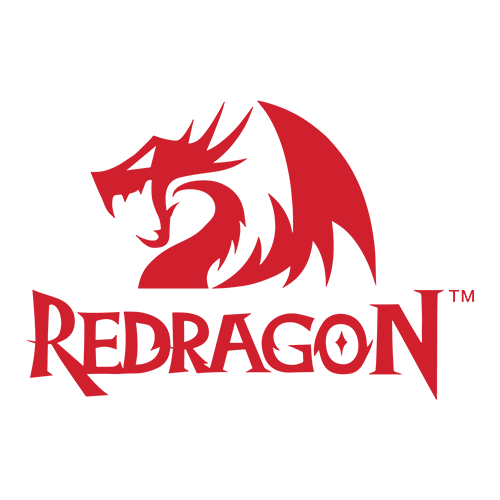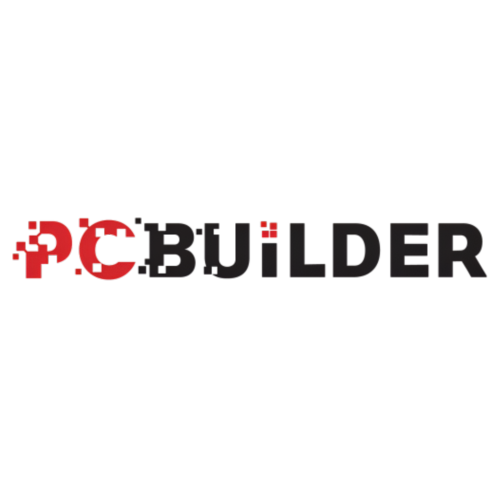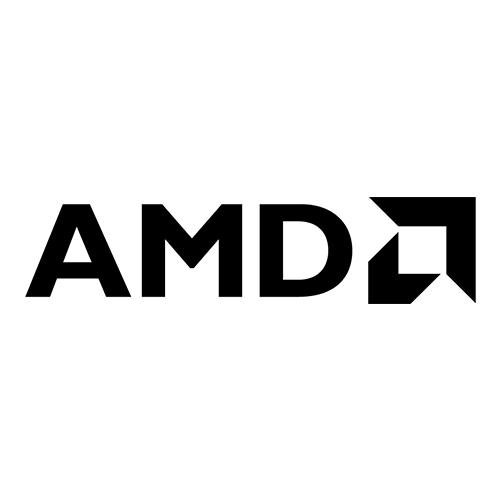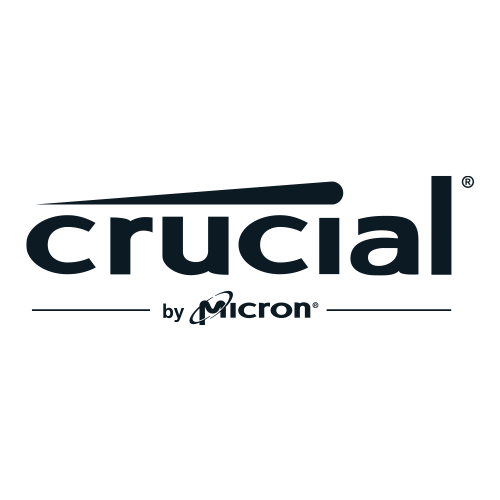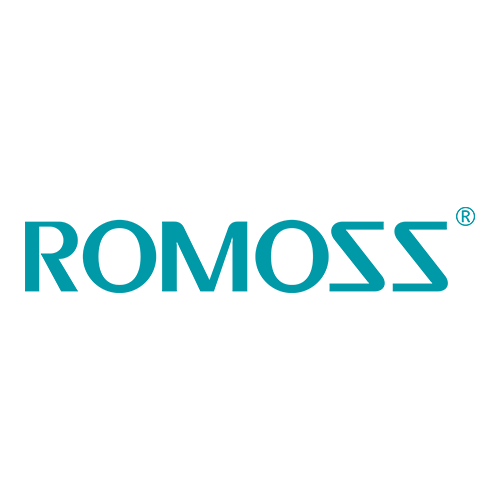
The Right Hard Drive Does Matter
admin2014-04-03T11:24:02+02:00The simple truth is that not all hard drives are made equal. As the spinning disk industry has matured the product set has become more extensive in order to cater for different applications.
So why are some hard drives cheaper than others?
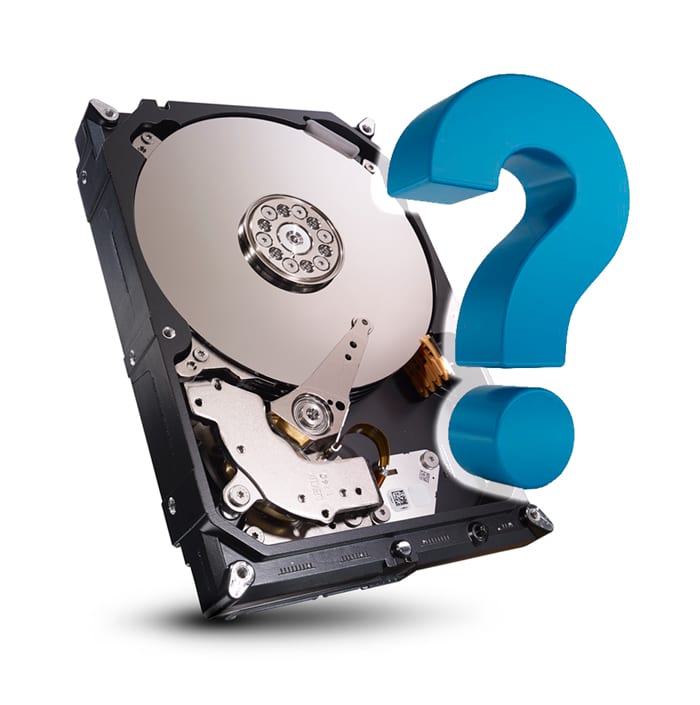 Entry level products focus on consumer priorities that are easier to compare. When it comes to the consumer space, chasing competitive price points with higher capacity drives is the name of the game. It stands to reason that with focus on prices and capacity, less attention is paid to performance and reliability.
Entry level products focus on consumer priorities that are easier to compare. When it comes to the consumer space, chasing competitive price points with higher capacity drives is the name of the game. It stands to reason that with focus on prices and capacity, less attention is paid to performance and reliability.
There are many more applications for hard drives and the various models available on the market are designed to cater for the specific needs of certain environments. We pay a premium for these additional features but the savings are realised after the sale by minimising operation costs and post-sales support requirements. Some of these features include the ability to function in a RAID environment, support for queued commands from the CPU, continuous operation, power saving functionality, longer warranty and of course faster performance.
Why is it important to consider more expensive hard drives?
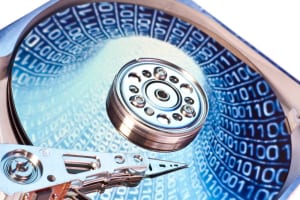 The warranty period on most consumer drives has dropped to 2 years, perhaps this is coincidence or perhaps it’s because we live in a disposable age and regularly replace or upgrade our technology. With access to such cheap storage it doesn’t really matter if my personal portable hard drive needs to be replaced every 24 months.
The warranty period on most consumer drives has dropped to 2 years, perhaps this is coincidence or perhaps it’s because we live in a disposable age and regularly replace or upgrade our technology. With access to such cheap storage it doesn’t really matter if my personal portable hard drive needs to be replaced every 24 months.
What about the equipment that keeps my business running, the exchange server with emails for the last 10 years, the accounting package that keeps record of millions of transactions, balances and intricate details that govern the way my business runs. Then there is the storage server that holds all of our projects, thousands of files that have taken many hours of staff time to compile. What if any one of these systems were to crash and all data was lost? It’s difficult to put a price on years of work and the data that has accumulated over time. I suppose that the value of information is simply what someone would be prepared to pay for it to be recovered or reproduced. With that reasoning, a few hundred megabytes that store the accounting package of a successful business would be worth millions.
You are probably thinking that it’s important for any company to back up and any company that doesn’t back up is asking for trouble…
Sure, backing up is essential but is it enough? By supplying consumer hard drives in commercial environments, the chances of in warranty failure increase dramatically. This happens for a number of reasons and I will explain more below. Warranty periods are also shorter which means mandatory upgrades more frequent and a depreciating sense of value from the client. Then of course there is the chance that the backup is corrupt, I have seen this happen and it’s not fun. Surely we should be doing everything possible from companies ever needing to restore a backup?
Where should I be using the more advanced drives to minimise risk?
We have been working closely with WD to build fantastic solutions that integrate their drives in our storage applications.

The most common cause of data corruption and degraded RAIDs is the use of incorrect hard drives. Without going into too much detail this is the reason why. RAID drives are designed to work concurrently, they allow information to be written and read from all of the drives at the same time. The RAID controller manages this process and constantly checks the health of the drives. If a drive returns errors or takes too long to respond the controller will consider it faulty and remove it from RAID. If enough hard drives are considered to be faulty the RAID will become unreadable or the data that is stored on the RAID will become corrupted. Sometimes the information can be recovered using expensive data recovery processes but this is not guaranteed. Consumer drives are not designed to perform at the same rate as RAID edition drives. Over time, and particularly in high performance environments, consumer drives will inevitably fail in RAID systems. All of the faulted components are likely to still pass technical tests which can mean that consumers are left with a problematic system and no warranty support. This obviously leads to negative perception of customer service and unnecessarily damages brand reputations.
The matrix below will help you to make the right decisions when it comes to pairing internal hard drives with storage enclosures. If ever you are unsure, check the storage manufacturer’s website for a list of approved drives or speak to someone in our sales team. Remember that storage vendors will not troubleshoot or provide technical support for any products that have not been populated with drives on their approved list.
[table id=35 /]


